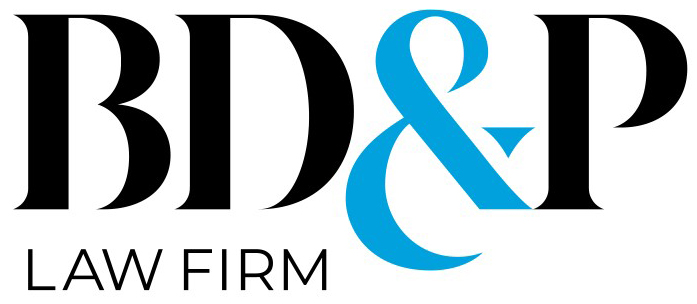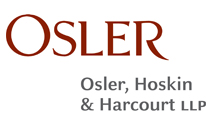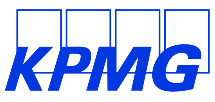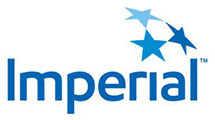
Lessons Learned So Far From Our Mediation Practice Group Online
By Reiny Ortega Cubas, Q.Arb, Q.Med and Marg Romanow, Q.Arb, Q.Med
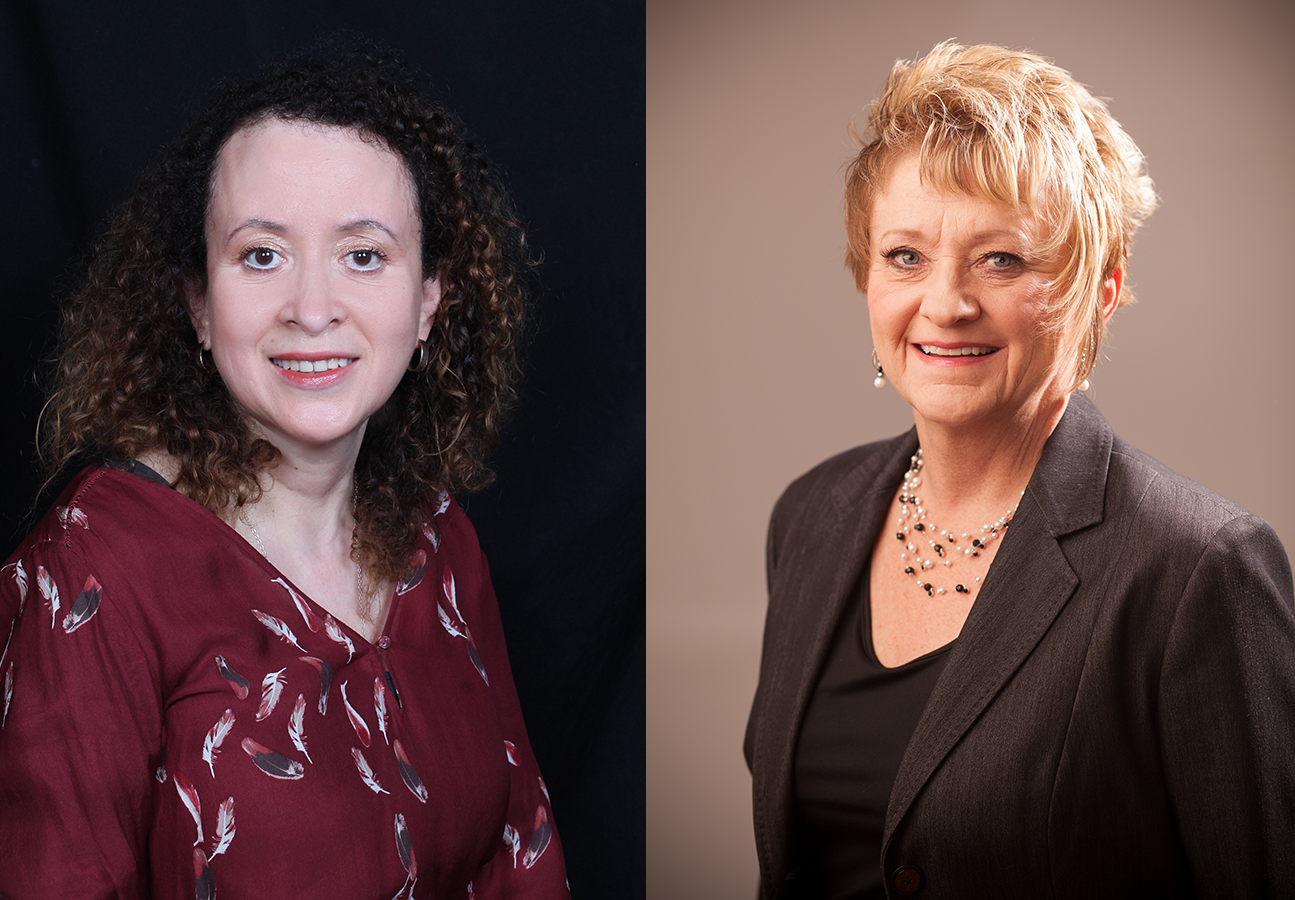 Online mediation practice groups are a new safe way to provide opportunities to enhance mediation skills through role plays, educational sessions, and guest speakers’ presentations.
Online mediation practice groups are a new safe way to provide opportunities to enhance mediation skills through role plays, educational sessions, and guest speakers’ presentations.
A Mediation Practice Group (MPG) is a meeting group which uses role-playing simulations of common conflict situations faced during mediation. These laboratory examples, in which a conflict is acted out, allow the mediator to train and practice in a safe and controlled environment.
MPGs are composed of individuals who wish to enhance their mediation skills through role-play and are a very effective tool for becoming an effective mediator. Sessions may also include presentations from experienced mediators and further educational components. MPGs create an appropriate environment for people passionate about resolving and transforming conflict through non-violent communication. They have been a source of inspiration, integration and sharing.
In Saskatchewan, two MPGs started in 2017: Common Sense Academy manages the group in Saskatoon, and John Hewson and Jean Hamm did it in Regina. We salute the founders of these groups; their hard work supported the expansion of the mediation practice community. In March 2020, after Covid restrictions were implemented, we initiated virtual MPG sessions. Our idea was to use those few months (or so we thought at the time) to continue practicing and networking. With a list of 40 friends, we started the “independent” group. Thus, the Thursday’s online MPG was born. The meetings lasted for an hour: 45 minutes used for either co-mediation or sole-mediation role-play, and a further 15 minutes for critique and feedback. The different scenarios involved family matters, divorces, and the phases of the mediation process up to the agreement. We engaged in lively sessions through analyzing and reflecting on our learning.
Six months later, it was suggested that the Alternative Dispute Resolution Institute of Saskatchewan (ADRSK) could support us with their virtual platform account. We hence officially became the SK South Online. As its leaders, we reached the understanding that time spent in it would qualify for Continuing Education and Engagement credits (CEE); records had to be kept for this purpose, and guest speakers and more experienced mediators were scheduled to enhance our educational experience. Our learning curve though, was not without challenges, and based on this premise, we reviewed some of the difficulties we experienced and worked to resolve them.
The first issue was bias, and although as mediators we are not to display it, it came to the foreground in some situations. For example, several participants were preparing for the Q.Med designation and used the group to rehearse the supervised practice assessment. This strict attachment to the old ADRIC rubric, in particular with regards to the time allotted in the practice assessment, undermined the common agenda, notwithstanding the needs of the parties. These mediators’ expectations created bias that could result in the failure of the role-plays, leaving the participants unheard, frustrated, confused, or disengaged. At the end, our group learned to better identify our biases.
Regarding giving and receiving feedback, there is a delicate balance: excessive positive feedback will support sub-optimum practices; excessive negative feedback can set back confidence and the commitment to ongoing learning. Our training included the challenge of speaking honestly, but kindly about the mistakes, as well as willingness from the participants to accept, without being defensive, that they could do better. We attempt to be precise and concise. Generalizations were not assisting in identifying areas for improvements.
Another problem lies in the nature of role-playing. It serves to engage the entire group and supports the learning process; it is a powerful tool. However, it is challenging to truly understand the characters (e.g., if one character states that his/her partner never listens and therefore a divorce is needed, how stubborn or docile should said character be played?) Our solution was to have the participants review the scenarios in advance, urging them to act in a most life-like manner, attempting to realistically portray the characters taking into account their needs rather than their positions. For only when the accent is placed on the needs, can the individual focus on finding solutions.
We engaged in the complexities of online mediation, such as mastering virtual platforms, digital whiteboards, screen sharing, and caucus opportunities, and creating rapport while dealing with the difficulties inherent to reading and assessing the parties’ body language and reactions through a webcam. To cope with internet disruptions, a host and a backup co-host are now always designated.
Finally, the biggest challenge for us was to become leaders. Besides managing all the MPG’s activities (replying to repetitive e-mails, managing endless accounts, and writing the different scenarios), at first, we were too timid in providing critical feedback and had to learn when to reach out for help. We have had to be very well organized and imaginative, while showing patience and good humour. Did we mention a great commitment? But modeling the mediation process as leaders has been immensely enriching, and has increased our understanding of mediation.
Mediation practice groups are the best readily available options to prepare for dealing with future conflicts by mimicking real life situations. Our lived experiences in almost two years prompted us to rename the group the Mediation Connection. This new name illustrates how, to become a better mediator, connections with different persons attune the skills and enhance the confidence of each and every participant. Mediation Connection sessions allow us to reinforce our strengths and challenge our weaknesses in dealing with conflict within a community of compassionate individuals keen to be better professionals. Participatory remote meetings are no longer far-fetched, and with the tough learning curve behind us, we are already familiar with proven methods to successfully lead online MPGs. We look forward to promoting best practices in the mediation community and to welcome whoever wants to join us. After all, we are Mediation Connection online.
Reiny Ortega Cubas, Qualified Mediator, Parent Coordinator and Arbitrator. She enjoys diversity and Workplace, Condos and Family matters. Accent Mediation.
Marg Romanow, Qualified Mediator and Arbitrator, her practice involves primarily Family and Workplace Mediation. Future Focus Mediation & Consulting.


